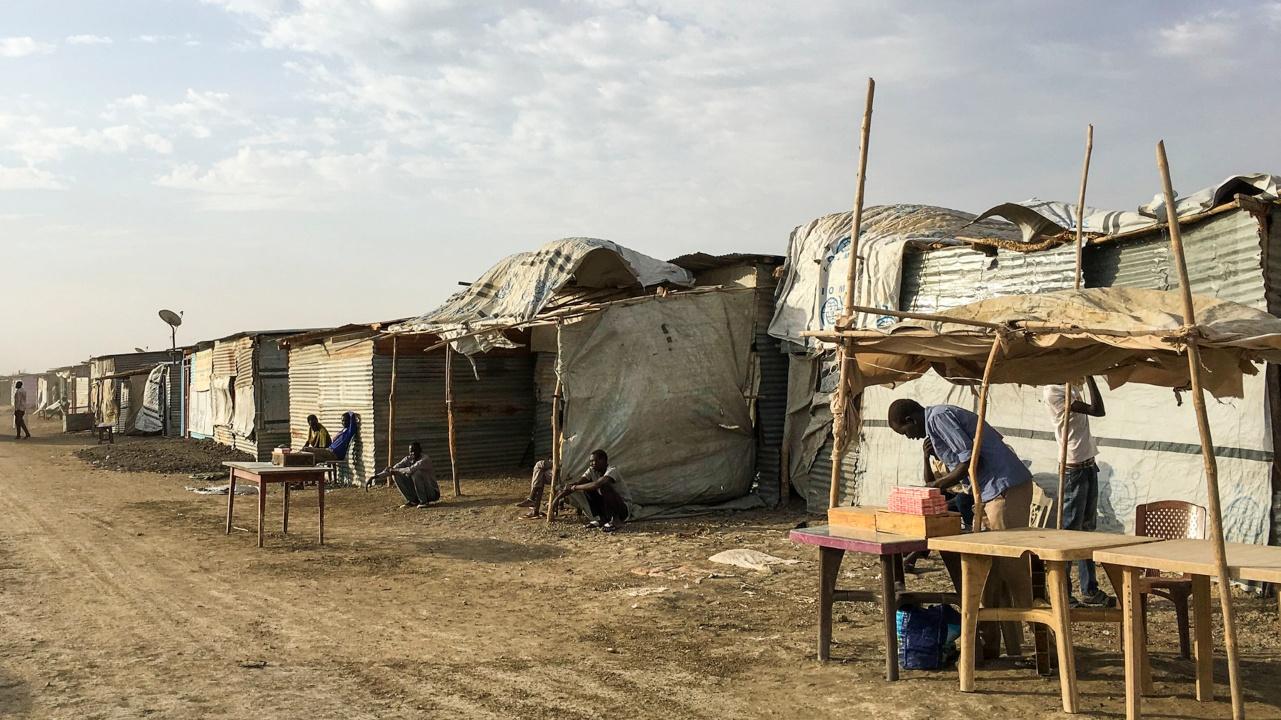Central to prevailing definitions of the state is its monopoly on the use of violence. From this perspective, the mere presence of violent non-state actors such as vigilantes, militias, or rebels undermines the state’s authority and legitimacy by demonstrating its inability to control violence in its territory. But Rebecca Tapscott writes, there are examples where this is not the case.
This theory regarding the monopoly on violence is widely accepted. It says that the state ought to control all violent actors operating within its borders and is the only entity that can legitimately use force – for example, to detain someone for a crime. But real-world observation provides a range of counterexamples in which states tolerate or work with diverse violent non-state actors. In China, local governments employ ‘thugs’ to enforce unpopular policies while evading responsibility for their actions. Countries such as Brasil, Indonesia, and South Africa are beset by vigilantism, private security companies, and gangs which make up the overall fabric of government and the enforcement of the law.
In Uganda, contrary to common wisdom, vigilantism is more common and regarded as more helpful in villages where the police are also present and perceived as helpful. These security actors do not substitute for one another, they complement each other. And the presence of vigilantes appears to support, rather than undermine, the state police’s legitimacy.
Although vigilantes and police engage in many of the same types of activities—apprehending ‘wrongdoers’, mediating disputes, and meting out punishments—they are fundamentally different types of actors, but together, they achieve more than the sum of their parts.
The Ugandan police were established during British colonial rule. It was structured to help control society by repressing social and political organisations that could threaten colonial control. Vigilantes, in contrast, are a societal response to local insecurities and are comparatively fragile and localised.
Vigilantes are often asked to deal with the day-to-day security concerns of ordinary people and low-level crime, such as when someone’s livestock destroys another person’s crops. The police focus on combatting violent and organised crime, breaking up public events and protests (almost always organised by the political opposition), and engaging in political policing, for example by investigating human rights organisations for money laundering or journalists for ‘publication of false news’. Vigilantes also function as an intermediary between the police and society, helping the police better target local interventions and using the police to remove ‘bad elements’ – low-level criminals unable to reform – from the community.
The result is that the vigilantes and police add up to more than the sum of their parts. Vigilantes can use local knowledge to help communities manage issues like witchcraft and petty theft that the police simply don’t have the tools to manage. In turn, the police function as an external authority to which ‘wrongdoers’ can be taken if they are unremorseful or unreformable. Left with the police, they will often be detained outside the community for anywhere from days in a police cell, to months if they are remanded to prison. Police also act as a check on vigilante violence. Citizens report vigilantes to the police when vigilantes became over-zealous and use excessive violence to enforce local order. Though an imperfect means to discipline vigilantism, this nonetheless can help prevent vigilantism from spiralling out of local control.
But even if ordinary citizens view the combination of police and vigilantes as preferable to either in isolation, or neither, there is good reason not to endorse it as a desirable policing arrangement. Vigilantes often enforce highly conservative and exclusive social orders. The groups are typically made up of un- and underemployed young men, who are providing unremunerated social services often because they have no option of paid work. Their economic circumstance can make them particularly prone to abusing their position. With vigilantes managing day-to-day security and justice tasks, it leaves the police free to pursue the more authoritarian and political aims of the government.
By using a public authority lens to examine common assumptions about the state and its monopoly on the use of force, we can better understand the dynamic, and in this case compatible, the relationship between the coercive institutions of the state and violent non-state actors. This explains why in fragile political settings, building the state’s coercive capacity, for example through additional police, does not necessarily translate to improved security or protections for citizens.
Rather than thinking of the state as seeking to monopolise the use of force within its territory, we should think about how different violent actors relate to one another. Different violent actors are historically and politically situated institutions that are designed to do different things in society. In this case, police and vigilantes are not substitutes; instead, they play distinct and complementary roles. They interact to produce diverse security outcomes that are best understood in context and as more than the sum of their parts.
Photo credit: Rory Mizen used with permission CC BY-NC 2.0





